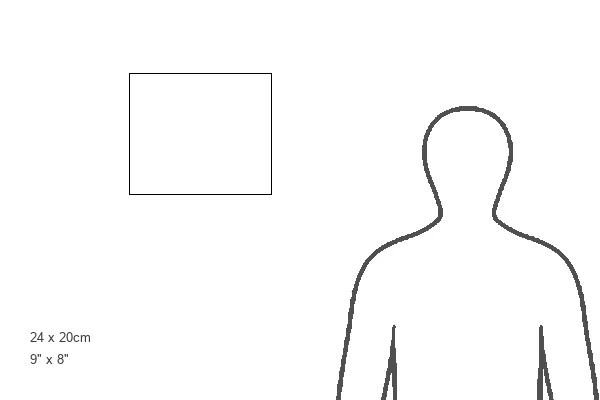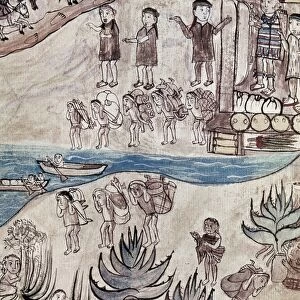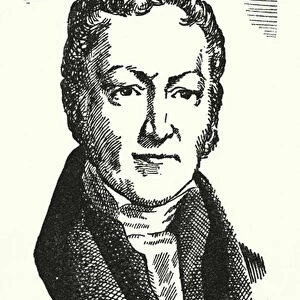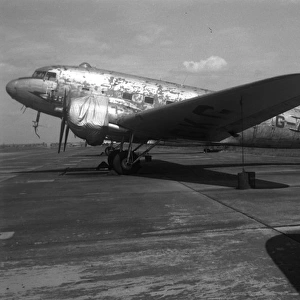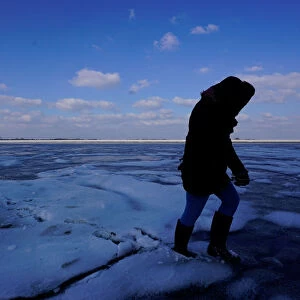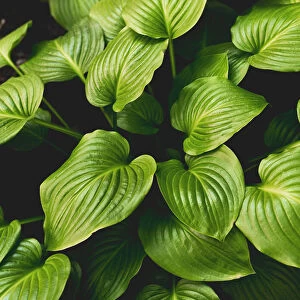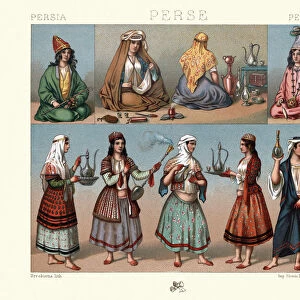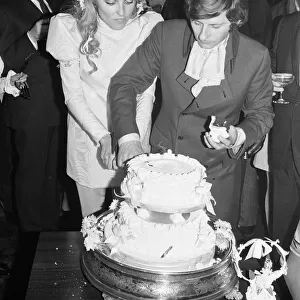Mouse Mat > North America > Mexico > Related Images
Mouse Mat : Costumes of the Tarascan people of Michoacan, Mexico
![]()

Home Decor from Mary Evans Picture Library
Costumes of the Tarascan people of Michoacan, Mexico
Costumes of the Tarascan people of Michoacan, Mexico, . Handcolored lithograph from Friedrich Wilhelm Goedsches Complete Gallery of Peoples in True Pictures, Meissen, circa 1835-1840
Mary Evans Picture Library makes available wonderful images created for people to enjoy over the centuries
Media ID 14211634
© Florilegius / Mary Evans
Anthropology Breeches Completegalleryofpeoplesintruepictures Ethnography Friedrichwilhelmgoedsche Mexico Michoacan Tunics Tarascan
Mouse Pad
Standard Size Mouse Pad 7.75" x 9..25". High density Neoprene w linen surface. Easy to clean, stain resistant finish. Rounded corners.
Archive quality photographic print in a durable wipe clean mouse mat with non slip backing. Works with all computer mice
Estimated Product Size is 23.7cm x 20.2cm (9.3" x 8")
These are individually made so all sizes are approximate
Artwork printed orientated as per the preview above, with landscape (horizontal) or portrait (vertical) orientation to match the source image.
EDITORS COMMENTS
This handcolored lithograph depicts the traditional costumes of the Tarascan people, also known as the Purepecha, from the Mexican state of Michoacan. The Tarascan civilization was one of the most powerful pre-Columbian civilizations in Mesoamerica, and their influence can still be seen in the region's art, language, and customs. The Tarascan women are shown wearing long, flowing tunics with intricate designs and vibrant colors. The tunics are typically made of cotton or wool and feature geometric patterns, often in shades of red, blue, and green. The women also wear breeches, or short trousers, underneath their tunics. Their hair is worn long and loose, adorned with flowers and feathers. The Tarascan men, not depicted in this image, typically wore shorter tunics with narrow sleeves and breeches. They also wore sandals made from plant fibers or animal hides. Both men and women often wore jewelry made from shells, feathers, and precious stones. The Tarascan people have a rich cultural heritage, and their traditional costumes are an important part of that legacy. This lithograph, from Friedrich Wilhelm Goedsche's Complete Gallery of Peoples in True Pictures, provides a fascinating glimpse into the past and offers a window into the history, customs, and traditions of the Tarascan people of Michoacan, Mexico.
MADE IN THE USA
Safe Shipping with 30 Day Money Back Guarantee
FREE PERSONALISATION*
We are proud to offer a range of customisation features including Personalised Captions, Color Filters and Picture Zoom Tools
SECURE PAYMENTS
We happily accept a wide range of payment options so you can pay for the things you need in the way that is most convenient for you
* Options may vary by product and licensing agreement. Zoomed Pictures can be adjusted in the Cart.


